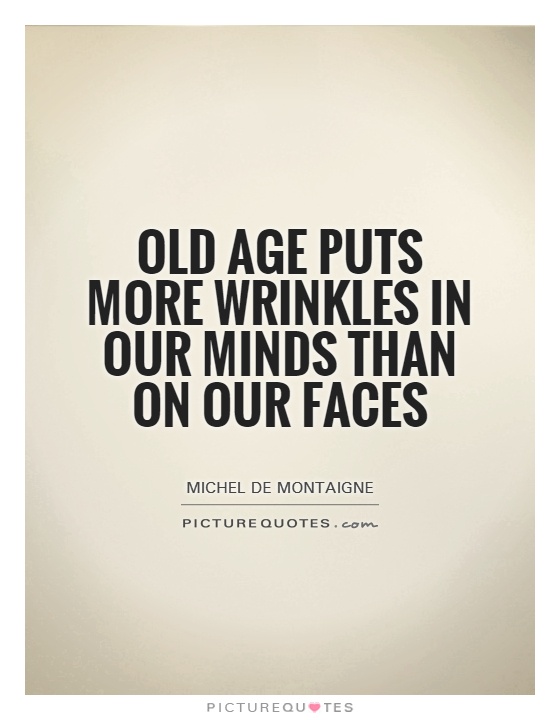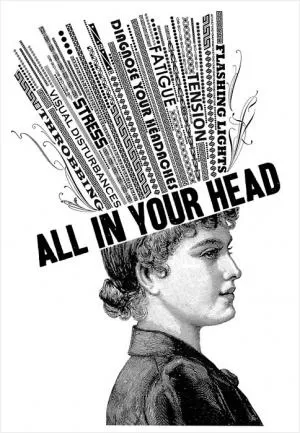
Old age puts more wrinkles in our minds than on our faces

Old age puts more wrinkles in our minds than on our faces
Michel de Montaigne, a French philosopher and writer of the Renaissance period, is known for his introspective essays that explore the complexities of human nature. In his work, Montaigne often delves into the concept of aging and the effects it has on the mind and body. One of his most famous quotes, "Old age puts more wrinkles in our minds than on our faces," encapsulates his belief that the passage of time leaves a deeper mark on our thoughts and perceptions than on our physical appearance.Montaigne's observation speaks to the idea that as we grow older, our minds become more complex and nuanced, shaped by a lifetime of experiences, memories, and reflections. The wrinkles that form on our faces are visible signs of the passage of time, but the wrinkles in our minds are less tangible yet equally profound. These mental wrinkles represent the accumulation of wisdom, knowledge, and insight that comes with age.
For Montaigne, old age is not a time of decline or deterioration, but rather a period of growth and enrichment. He believed that as we age, we become more attuned to the deeper truths of life and more capable of understanding the complexities of the human condition. The wrinkles in our minds are a testament to the depth of our thoughts and the richness of our inner lives.
Montaigne's perspective on aging is a refreshing departure from the prevailing cultural attitudes that often equate old age with decline and irrelevance. He challenges us to see the process of aging as a natural and inevitable part of life, one that can bring wisdom, insight, and a deeper appreciation for the world around us.












 Friendship Quotes
Friendship Quotes Love Quotes
Love Quotes Life Quotes
Life Quotes Funny Quotes
Funny Quotes Motivational Quotes
Motivational Quotes Inspirational Quotes
Inspirational Quotes